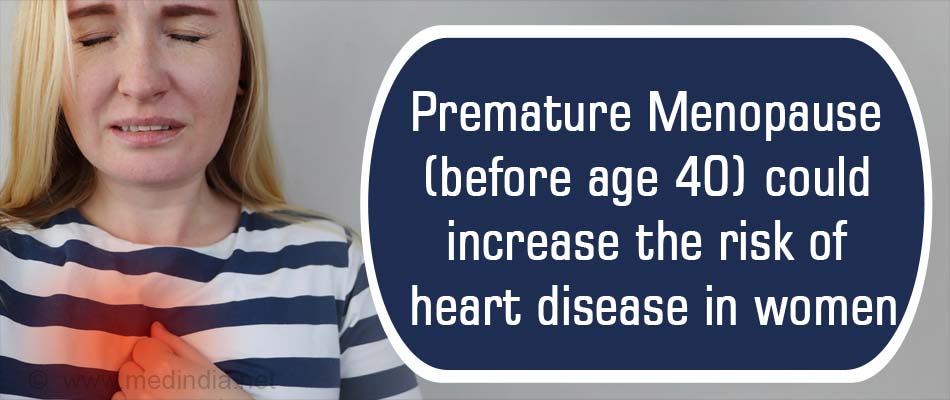Coping With Premature Menopause: Hormone Replacement Therapy And Lifestyle Adjustments
Menopause is a natural biological process that marks the end of a women's menstrual cycle. It is defined as 12 months without having a menstrual period, typically occurring between the ages of 45 and 55. During this transitional period, women experience a decline in their reproductive hormones, leading to various symptoms such as hot flashes, vaginal dryness, and mood swings. While menopause is a normal part of aging, it can still pose various medical and emotional challenges.
Hormone Replacement Therapy (HRT)
Hormone replacement therapy (HRT) is a treatment option that aims to alleviate the symptoms caused by menopause by introducing female hormones into the body. The two main hormones used in HRT are estrogen and progesterone. Estrogen therapy is prescribed to women who have undergone a hysterectomy (removal of the uterus) since they no longer need progesterone to protect the uterus. Progesterone therapy is used in combination with estrogen therapy for women who still have their uterus.
Understanding Menopause
While menopause is most commonly associated with hot flashes, it can also cause other health issues such as osteoporosis, cardiovascular disease, and urinary incontinence. These changes occur as a result of the body's hormonal fluctuations. Women typically reach menopause between the ages of 45 and 55, but premature menopause can occur due to surgery, radiation, or chemotherapy.
What is Menopause
Menopause is a natural biological process that marks the end of fertility in women. It occurs when the ovaries stop producing eggs and the levels of reproductive hormones, estrogen and progesterone, decline. Menopause is generally diagnosed after a woman has gone 12 months without having her period.

Importance of Menopause Management
While menopause is a natural biological process, it does not mean that women have to suffer through it. Managing menopause not only improves a woman's quality of life but can also prevent serious health complications associated with menopause, such as osteoporosis and cardiovascular disease.
Statistics on Menopause
Menopause is a common occurrence in women, with the average age being 51. However, premature menopause affects 1% of women under the age of 40 and 0.1% of women under the age of 30. Menopause-related health issues, such as osteoporosis and cardiovascular disease, affect millions of women worldwide.

Types of Menopause
There are three types of menopause:
- Natural menopause: Occurs as a result of the aging process.
- Surgical menopause: Occurs when the ovaries are surgically removed due to medical reasons such as cancer or endometriosis.
- Chemical menopause: Occurs as a result of chemotherapy or radiation therapy for cancer.
Risk Factors for Menopause
While menopause is a natural process, certain factors can increase a woman's risk of experiencing early menopause, including:
- Smoking
- Family history of early menopause
- Surgical removal of the ovaries
- Chemotherapy or radiation therapy
- Autoimmune disorders
Recognizing Early Symptoms of Menopause
Menopause symptoms can vary from woman to woman, but some of the common signs to look out for include:
- Hot flashes
- Night sweats
- Mood swings
- Vaginal dryness
- Insomnia

Diagnostic Tests for Menopause
While menopause is diagnosed by the absence of menstrual periods for 12 months, doctors may also check hormone levels or perform other diagnostic tests to confirm the diagnosis.
Awareness and Prevention of Menopause
While menopause cannot be prevented, women can take steps to reduce the severity of their symptoms and prevent health complications. Eating a healthy diet, exercising regularly, and avoiding smoking can all help to alleviate symptoms and improve overall health.
Early Detection and Timely Treatment
Early detection and proper treatment of menopause are key to preventing health complications, such as osteoporosis and cardiovascular disease. HRT is a viable treatment option for women experiencing severe symptoms of menopause, but it is important to weigh the risks and benefits with your doctor before starting any treatment.
Support and Resources for Women
Menopause can be a challenging time in a woman's life. However, there are many resources available to help women navigate through this transition, including support groups, online forums, and counseling services. Women should also speak to their healthcare provider if they are experiencing severe symptoms or have concerns about their health during menopause.

Komentar
Posting Komentar